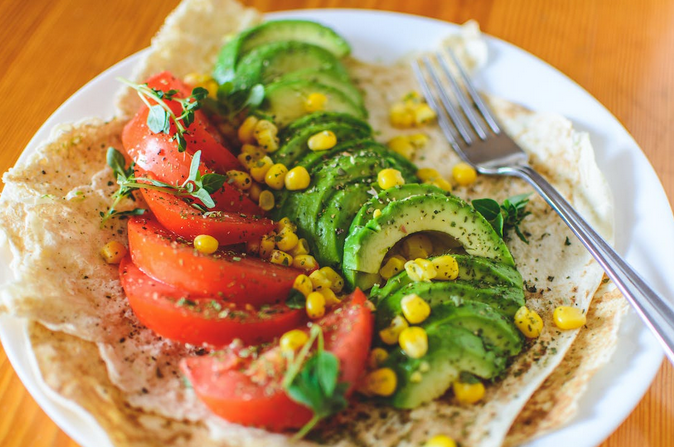Today, we are going to explore the wonderful world of veganism and its potential impact on cholesterol levels. If you’ve been hunting for a natural way to cut off your cholesterol without sacrificing taste or variety in your diet, you may consider switching to veganism. But what’s good of being vegan? How is vegan food processed? Is it hard to be vegan?
Despite all the social challenges and drawbacks, incorporating a vegan diet into your lifestyle may have several benefits, including the potential to lower cholesterol levels. Here, we’ll shed some light into three key ways in which adopting a vegan lifestyle can help keep your cholesterol levels in check.
Low in Saturated Fat

Unlike animal products, which are typically high in saturated fats, plant-based foods contain little to no saturated fat at all. This can have a positive impact on your cholesterol levels. By reducing your intake of saturated fat through a vegan diet, you’re giving your body a break from the harmful effects that this type of fat can have on your cardiovascular health. Saturated fats can raise LDL (evil) cholesterol levels, resulting in a heightened risk of cardiac disease. So rather than relying on animal sources for protein and nutrients, vegans turn to plant-based alternatives like legumes, tofu, tempeh, nuts, and seeds. These foods not only provide ample amounts of protein but also come with added benefits like fiber and essential vitamins and minerals.
Rich in Fiber
 Fiber is the key element of a healthy diet, and a vegan diet is naturally rich. But why is fiber so important when it comes to lowering cholesterol levels? Fiber can lower cholesterol absorption into the bloodstream. Soluble fiber, found in beans, fruits, and oats, forms a gel-like substance during digestion. This gel binds to cholesterol molecules in the digestive tract and blocks them from being absorbed into the body. Fiber helps to increase feelings of fullness and satiety. By filling up on high-fiber foods such as vegetables and whole grains, you’re less likely to overeat or reach for unhealthy snacks that may contribute to elevated cholesterol levels. By choosing a vegan diet rich in fiber, you’re taking proactive steps toward maintaining optimal heart health.
Fiber is the key element of a healthy diet, and a vegan diet is naturally rich. But why is fiber so important when it comes to lowering cholesterol levels? Fiber can lower cholesterol absorption into the bloodstream. Soluble fiber, found in beans, fruits, and oats, forms a gel-like substance during digestion. This gel binds to cholesterol molecules in the digestive tract and blocks them from being absorbed into the body. Fiber helps to increase feelings of fullness and satiety. By filling up on high-fiber foods such as vegetables and whole grains, you’re less likely to overeat or reach for unhealthy snacks that may contribute to elevated cholesterol levels. By choosing a vegan diet rich in fiber, you’re taking proactive steps toward maintaining optimal heart health.
Plant Sterols
By blocking the absorption of dietary cholesterol, plant sterols can help reduce overall cholesterol levels in the body. Studies have shown that consuming just 2 grams of plant sterols per day can lead to a significant reduction in LDL (bad) cholesterol levels. This makes them an excellent addition to a vegan diet for those looking to improve their heart health. Fortunately, plant sterols are readily available in many vegan-friendly foods. Some common sources include soybeans and soy products, whole grains like oats and barley, and certain nuts and seeds.

The Bottom Line
Incorporating a vegan diet into your lifestyle may have several benefits, including the potential to lower cholesterol levels. By being low in saturated fat and rich in fiber, plant-based foods can help reduce LDL cholesterol and promote heart health. Additionally, the presence of plant sterols further aids in lowering cholesterol absorption. While a vegan diet may not be suitable or necessary for everyone, it is worth considering if you are looking to improve your cholesterol profile. So why not give it a try? Your heart will thank you.




